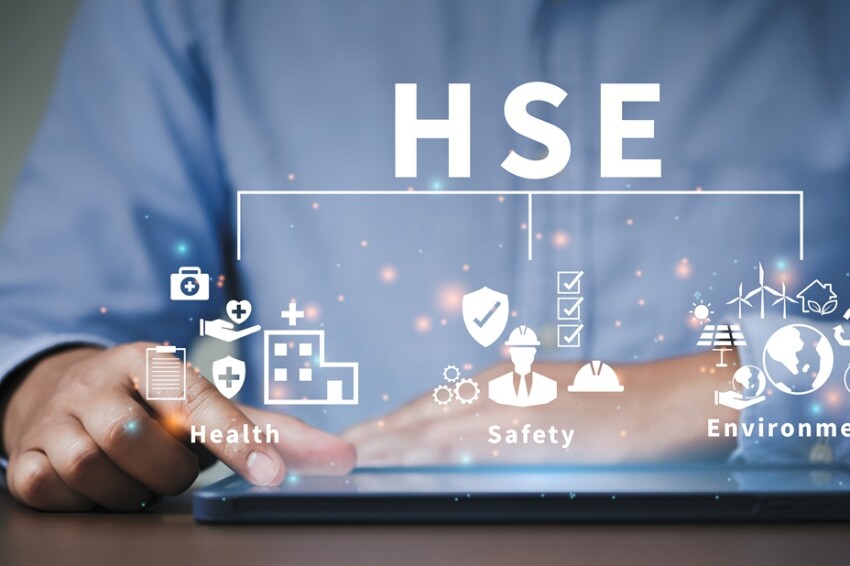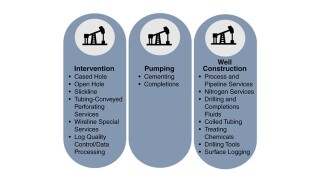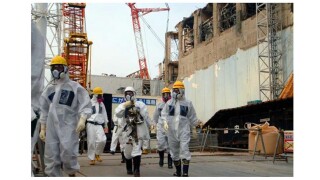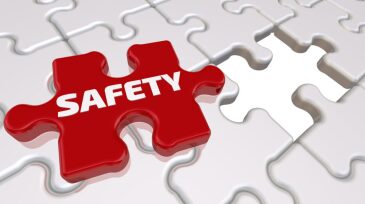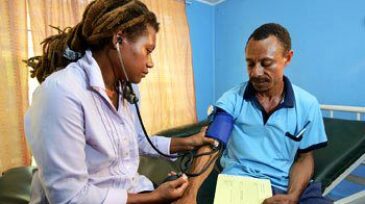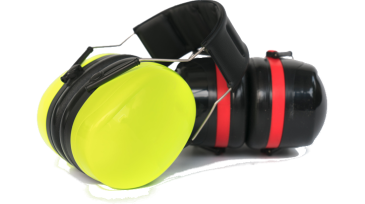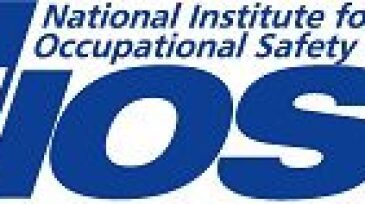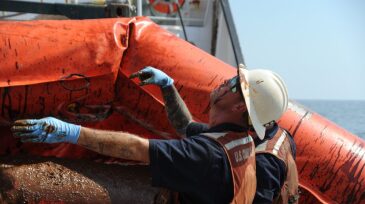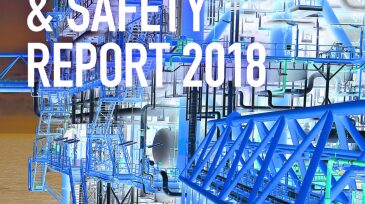Health
This paper examines how real-time monitoring can improve both incident prevention and emergency response in the oil and gas industry. Drawing from real-world examples and case studies, it provides practical strategies for implementing this technology effectively.
This paper describes a risk-based self-verification process conducted through a bespoke software application.
This paper discusses and demonstrates the limitations of quantitative risk assessment (QRA) with respect to the usefulness of the concept in managing day-to-day and emerging risks as well as the effect of change.
-
Companies waste countless resources measuring the wrong things, not measuring at all, or failing to keep "the most important thing, the most important thing."
-
As part of the Papua New Guinea Liquefied Natural Gas project, a systematic longitudinal effort was made to collect a broad range of morbidity and mortality data for those communities directly adjacent to the project. These data were used to inform workplace disease-monitoring efforts.
-
Occupational exposure to vibration has been associated with an increased risk of musculoskeletal pain in the back, neck, hands, shoulders, and hips and also may contribute to the development of peripheral and cardiovascular disorders and gastrointestinal problems.
-
This study investigated the association between occupational noise exposure and the risk of elevated blood pressure and hypertension by stage in young adults.
-
Upstream oil and gas operations are inherently loud environments. With the right equipment, training, and hearing-conservation program, these noisy operations need not pose a risk to workers’ hearing.
-
The National Institute for Occupational Safety and Health is collaborating with partners in industry, government, academia, and labor and with other stakeholders to achieve successful and sustainable outcomes to improve worker safety and health across the oil and gas extraction industry.
-
Recent advancements in wearable technologies have opened multiple avenues for innovation. The oil and gas industry can make use of the smart watch, in particular, to monitor the health of oilfield workers.
-
Levels of stress and mental health problems among UK workers are at a 17-year high, according to the latest injury and ill health statistics published by the Health and Safety Executive.
-
The response to the 2010 Deepwater Horizon oil spill was affected by heat. This paper evaluates the association between environmental heat exposure and self-reported heat-related symptoms in US Coast Guard Deepwater Horizon disaster responders.
-
The UK’s offshore oil and gas industry continued to see improvement across a broad range of health and safety indicators last year, according to a key insight published by Oil & Gas UK.

